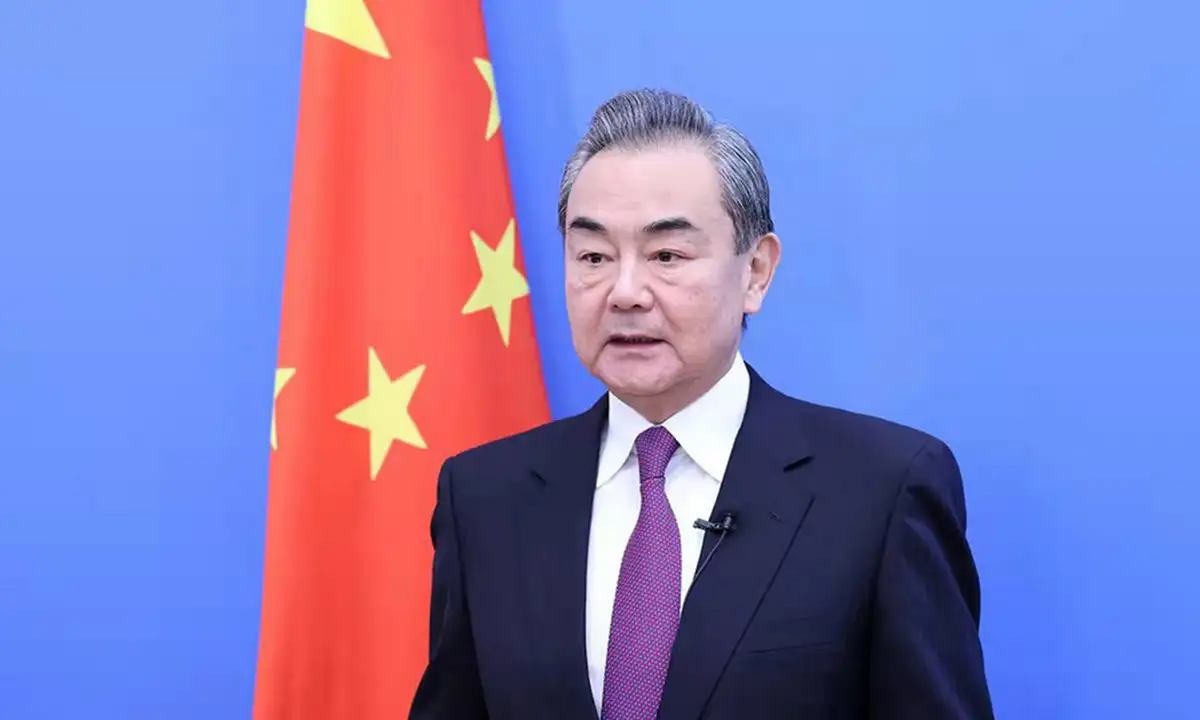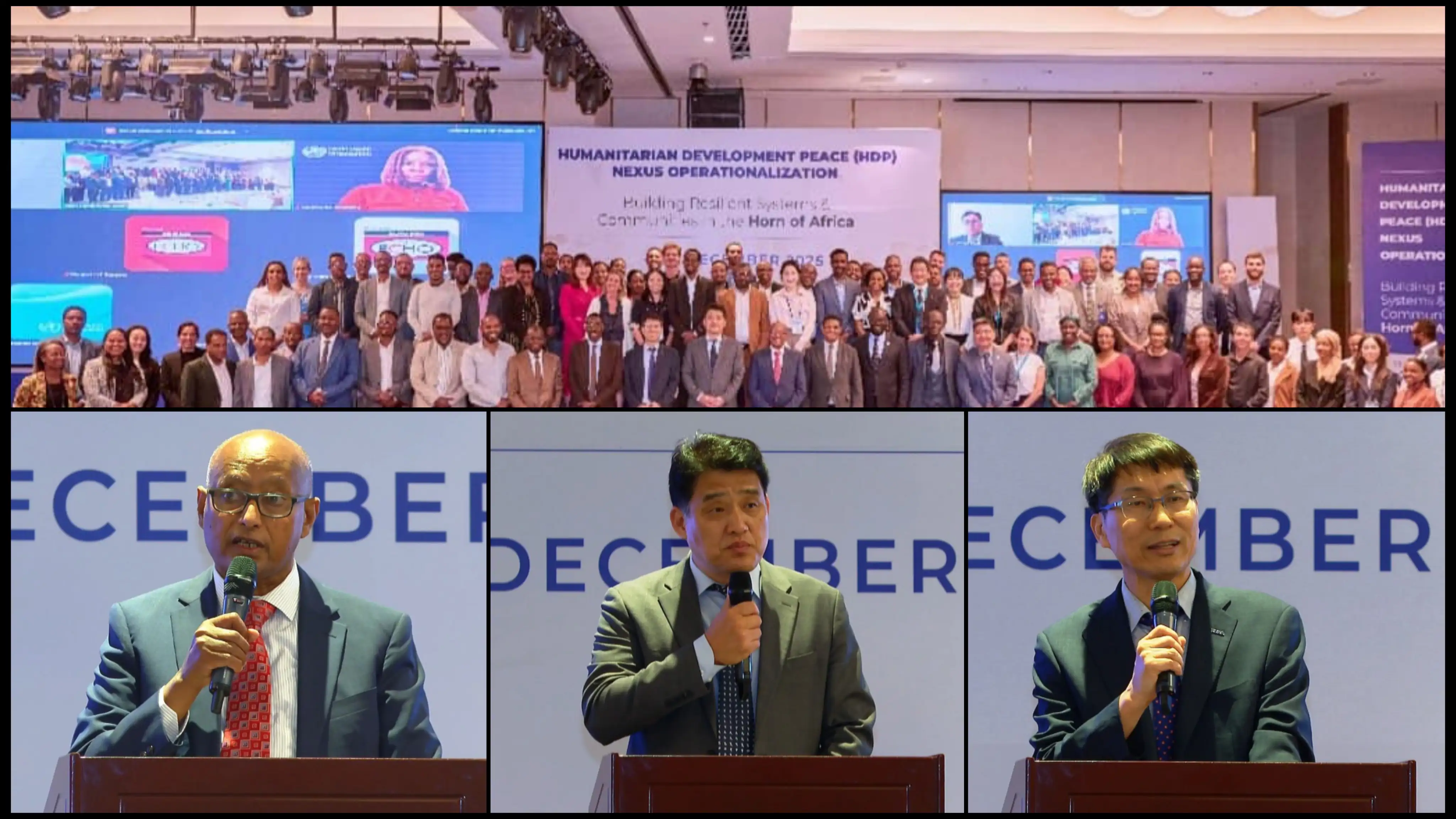The Journal of Public Health in Africa (JPHIA) has experienced a remarkable surge in its publication metrics, marking a pivotal moment for public health discourse across the continent. The number of articles published in the journal soared from an annual average of 70 articles between 2018 and 2024 to an impressive 104 articles in just the first half of 2025. This notable increase highlights the journal's growing prominence as a vital platform for African research, perspectives, and practices within the global scientific community.
Owned by the Africa Centres for Disease Control and Prevention (Africa CDC) since its inception, JPHIA has established itself as a peer-reviewed academic journal dedicated to advancing public health knowledge across Africa. Since 2018, the journal has published over 650 articles, reflecting a commitment to elevating African voices in the field of public health. The recent surge in submissions, which increased by 30% compared to 2024, underscores the journal's expanding influence and relevance.
Dr. Nebiyu Dereje, Head of Division for Knowledge Management at Africa CDC and Editor-in-Chief of JPHIA, attributes this growth to several strategic initiatives aimed at strengthening editorial operations and broadening the journal's reach. “The journal has significantly expanded its editorial team, bringing in diverse expertise from across the continent and beyond,” Dr. Dereje explained. This expansion has not only enhanced the quality of submissions but also improved the efficiency of the review process.
One of the most notable improvements is the reduction in median time to first editorial decision. For submissions without peer review, this metric improved from 7 days to just 3 days. Similarly, the time taken for peer-reviewed submissions decreased from 72 days to 48 days. Such advancements reflect JPHIA's commitment to providing timely feedback to authors, thereby fostering a more dynamic academic environment.
In addition to enhancing its editorial capabilities, JPHIA has ramped up its visibility through targeted social media engagement and digital outreach initiatives. These efforts have resulted in greater awareness and engagement from the global public health community. Dr. Dereje noted that these strategies have directly contributed to measurable improvements in submission quality and overall journal performance.
A significant component of JPHIA's strategy is its structured mentorship program for early-career researchers from African Union Member States. This initiative provides hands-on guidance in scientific writing and publishing, empowering young scholars to develop their skills and submit high-quality manuscripts. Early outcomes from this program indicate promising potential for long-term impact on African scientific publishing.
To further bolster the quality of its publications, JPHIA is actively commissioning high-quality articles from prominent African scientists. The journal is also working on improving its website design and visibility to enhance user experience and accessibility. Additionally, JPHIA offers a generous 55% waiver on article processing charges (APCs) for all submissions, with further needs-based waivers available for researchers lacking institutional funding. These measures make JPHIA one of the most accessible journals for African researchers seeking to publish their work.
Dr. Mosoka Papa Fallah, Acting Director of the Science and Innovation Directorate at Africa CDC and Chair of the Journal Oversight Committee, praised the progress made in strengthening JPHIA. He emphasised the importance of promoting the journal to increase its visibility and attract high-quality submissions. Dr. Fallah pointed out that high APCs remain a significant barrier for many early-career researchers across Africa, advocating for a complete waiver to support inclusivity in scientific publishing.
Furthermore, Dr. Fallah underscored the critical need to enhance the scientific publication capacity of African researchers. By addressing barriers such as APCs and fostering mentorship opportunities, JPHIA aims to create an environment where diverse voices can contribute to the global public health discourse.
As JPHIA continues to grow and evolve, it stands as a testament to the potential of African research and its vital role in shaping public health narratives both locally and globally. The journal's ongoing efforts to improve accessibility, quality, and engagement signal a promising future for public health scholarship in Africa, according to the African CDC, in Addis Ababa.




